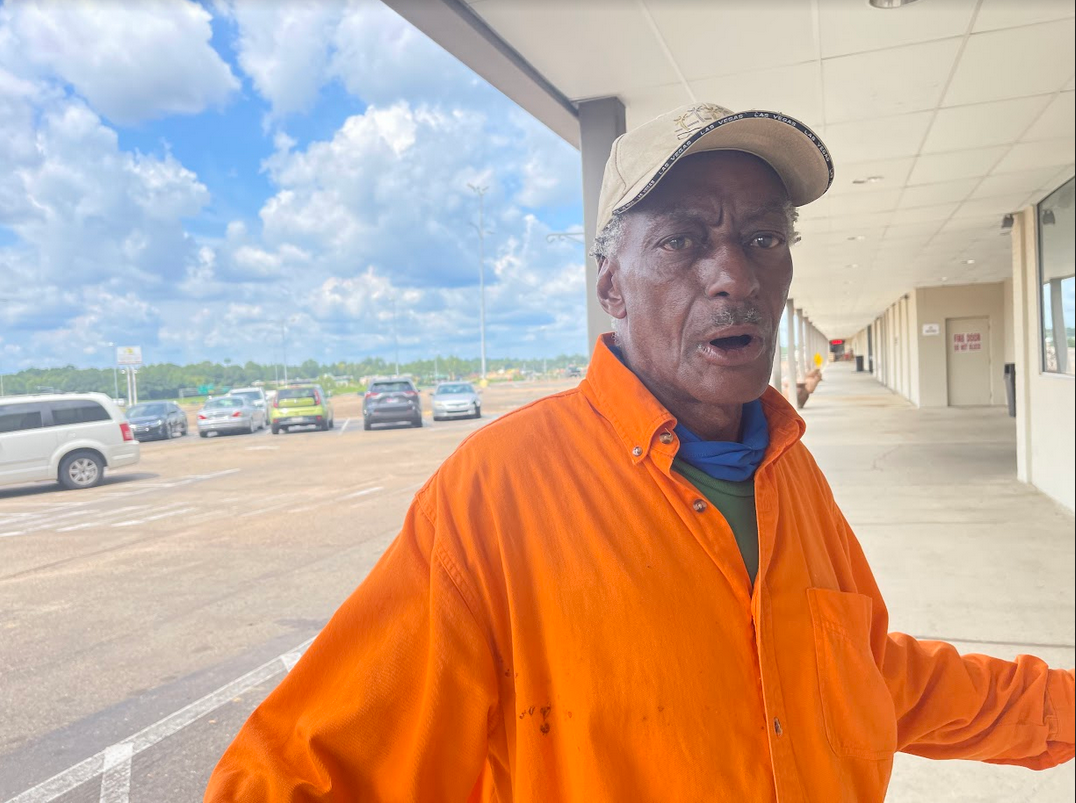JACKSON, Miss.—Willie Hart, 72, has been warning about the capital city’s water system since he was as young as his 30-year-old son.
“They need to do something about that water before it gets bad,” Kendrick Hart said, speaking with a deeper tone as he quoted his father’s recollection of his own words from four decades ago.
Now, the crisis the elder Hart foretold is undeniable. Despite city leaders spending years attempting to plug holes in the aged water system, a series of catastrophic failures has left 180,000 people in Mississippi’s 83% Black capital city with no access to safe, running water.
“For the longest, I have been experiencing dirty water, and now we got to the point where we ain’t got no water,” Kendrick Hart told the Mississippi Free Press. “It is like—wow. And I feel like it could have been something done a long time ago to prevent all this.”
Jackson’s latest water crisis is the latest incident in a decades-long infrastructure breakdown with few answers in sight for the people left boiling water and praying for a solution.
O.B. Curtis: Predictably Unreliable
The City of Jackson gets its water mainly from two water treatment plants: the 29-year-old O.B. Curtis Water Treatment Plant, meant to pump out 50 million gallons of water per day, and the J.H. Fewell Water Treatment Plant, which is over 100 years old and is supposed to supply 20 million gallons per day.
Financial and staff constraints, coupled with equipment malfunctions, have affected Jackson’s water treatment facilities’ operations prominently in recent years, and especially since a freeze caused a water crisis for weeks in March 2021. Primarily, the O.B. Curtis plant has been unreliable, with incessant disruptions leading to repeated boil-water notices, indicating that the water is not fit to drink without boiling it first. Lapses at the plant has also caused low water-pressure problems, depriving many residents of the ability to even flush toilets or take showers.
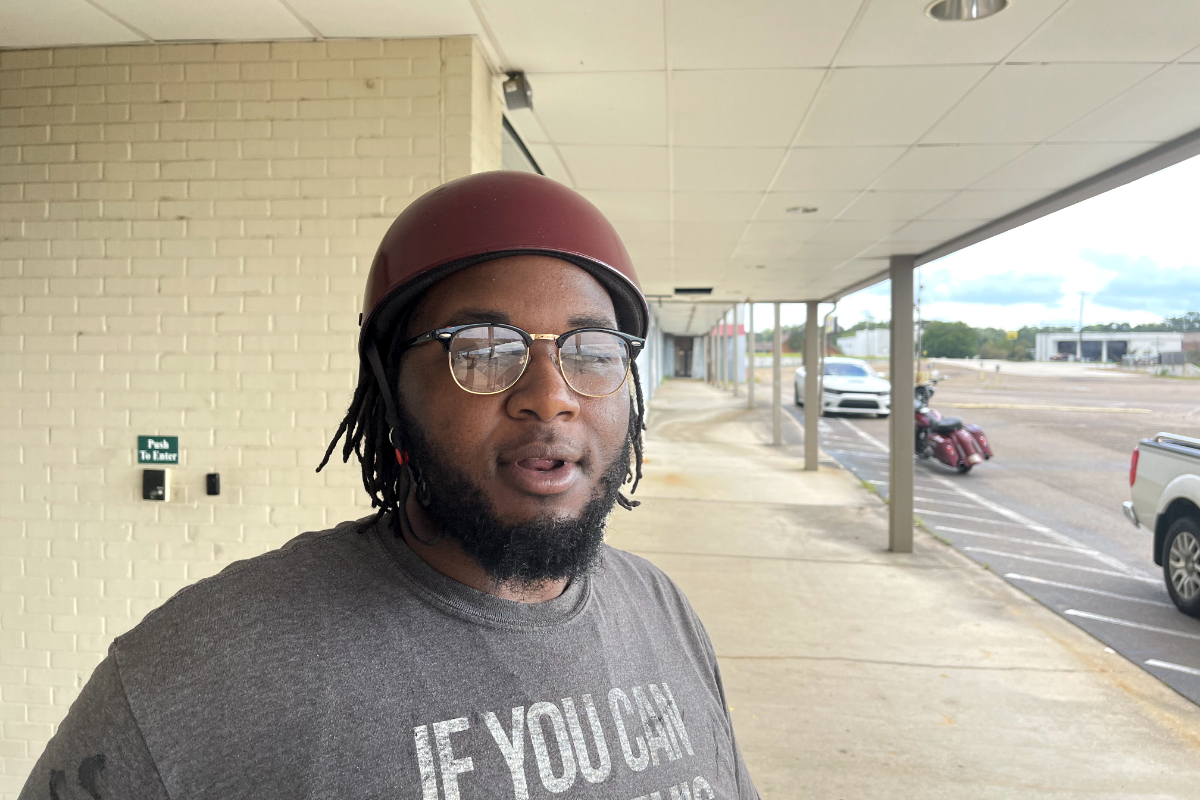
The current acute crisis comes on the heels of a spring 2021 crisis in which back-to-back ice storms compromised an already fragile system, leaving the city without water for weeks.
Even before the water-system failures cut off access to running water for thousands on Aug. 29, residents had already been under a citywide boil-water notice for a month due to turbidity levels that exceeded safe levels for drinking.
This past weekend, about 18 months after the last acute crisis, the Pearl River flooded. It feeds the O.B. Curtis Water Treatment Center, where the limited staff struggled to get the right chemical combination to treat the higher water volume properly in addition to failed pumps. That disruption led to a decline in the water pressure level, affecting everyone in the city.
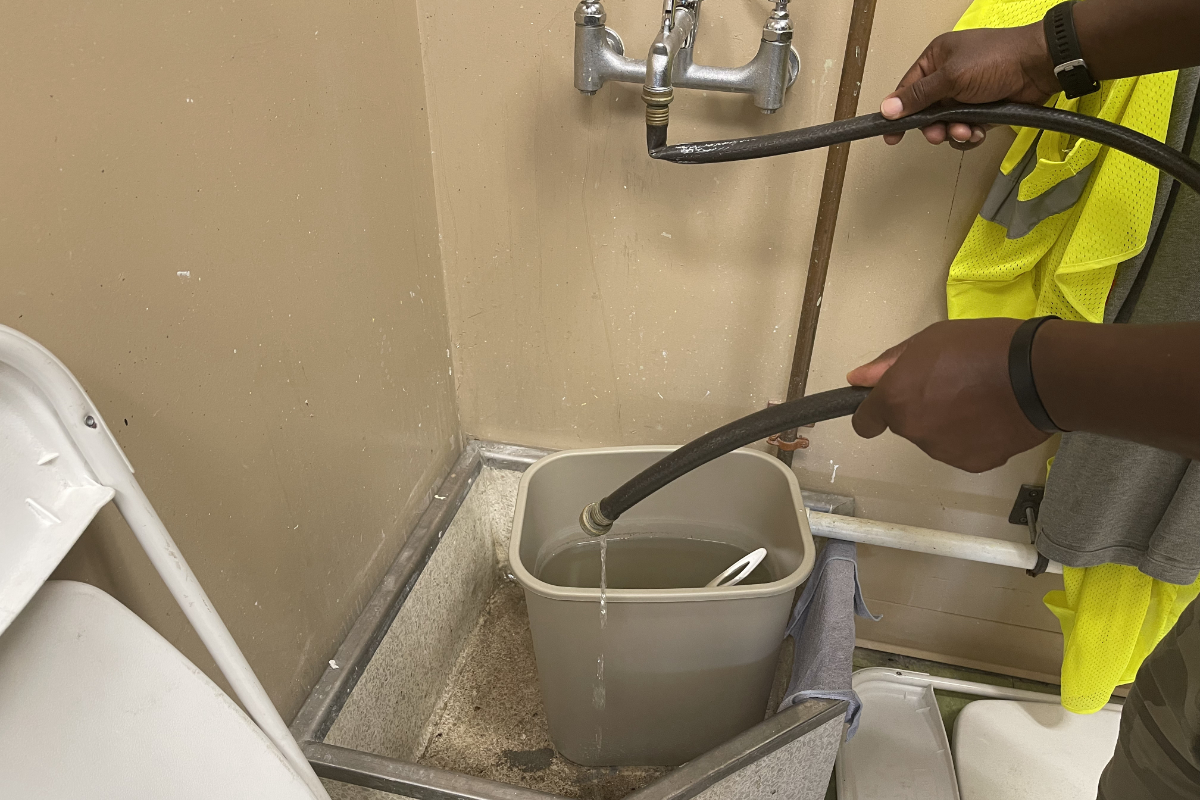
President Joe Biden spoke with Jackson Mayor Chokwe A. Lumumba about the water crisis on Wednesday.
“They discussed emergency response efforts underway, including support from FEMA, EPA and the Army Corps, and the president expressed his determination to provide ederal support to address the immediate crisis and the longer-term effort to rebuild Jackson’s water infrastructure,” a White House press aide said Wednesday.
Kendrick Hart said he wondered why it took so long to draw serious attention to the capital city’s water system. He said the water in his house has been “dirty” for several days but he still gets some at low pressure to put in a bucket and bathe with. Other people Hart knows who have no water pressure at all have traveled to the homes of friends and family members in the surrounding majority-white suburbs to take showers, he said.
“I know a lot of people, they’ve been going over like family members’ houses and stuff that stays like in Brandon and Clinton,” he said. Brandon is 76% white, and Clinton is 52% white. Outlying suburban areas grew following forced school desegregation in 1970 as white families, and later middle class black families, moved out of Jackson. Within three years of the Holmes v. Alexander U.S. Supreme Court decision, 11,000 white people had fled Jackson public schools, which are now overwhelmingly Black.
If Boiled, ‘Should Be Safe to Drink’
Mississippi House Rep. Ronnie Crudup Jr. told the Mississippi Free Press on Wednesday that Monday’s water failures reminded him of the 2021 crisis. Gov. Tate Reeves’ press conference on Monday, he said, “gave me a little hope.” Crudup lives and works in South Jackson.
“When the governor finally declared a state of emergency, I knew then that we would get the dollars needed to actually start to help the process to get water back going,” he added. “I wasn’t too confident that the city was going to be able to get this back in a timely manner.”
Crudup Jr. said that the low water pressure is affecting his family, which immediately ran out of water on Monday. “It’s been tough,” he said. “My own household, I didn’t have water. I’ve got three children that all immediately went virtual for school.”
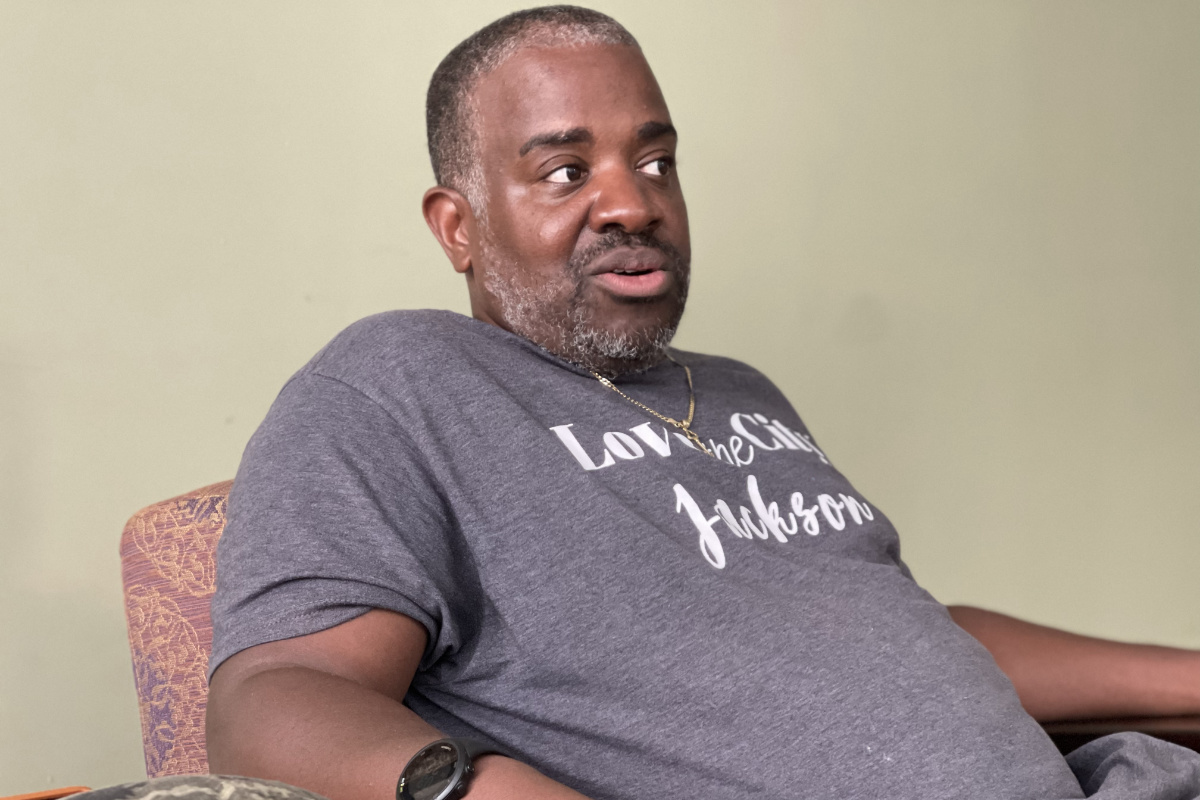
At a press conference Wednesday, Mississippi Department of Health Senior Deputy Jim Craig pointed to some progress since Monday.
“All parties believe that the UV disinfection is currently adequate to deactivate any bacteria that might be in the water, leaving the plant with these elevated turbidity levels,” he said. “While the water can’t be consumed without boiling, this does offer some flexibility for other sanitation needs.”
“Again, the water will be a little bit different in its appearance,” Craig added. “Residents may see it as cloudy, they may actually see a little color to it as well, but it should be adequate for sanitation purposes, and if boiled should be safe to drink.”
On Wednesday, the Mississippi Emergency Management Agency said it had successfully installed an emergency rental pump at the O.B. Curtis plant as a “first step” toward addressing the immediate concerns with the water system.
Supplying Bottled Water to the City
The Mississippi Emergency Management Agency is still ramping up efforts to meet demand for bottled water in the city. Various ongoing community efforts to fill the gap continue, with the City of Jackson setting up bottled and non-potable water distribution points across Jackson.
The Mississippi Rapid Response Coalition, a collaboration of more than 30 organizations across the state, is seeking donations to provide water to the people in the city in collaboration with the local government.
“After more than five decades of neglect by the State, residents in older cities, like Jackson, have been forced to carry the financial burden of fragile infrastructure and have been exposed regularly to the health risks associated with the need for constant repair,” the organization said in a press release on Tuesday.
“In 2021, residents were under a boil water alert for at least 225 days,” it added. “In 2022, boil water requirements continue to plague an already resource constrained population. These water woes not only impact the quality of life for Jackson’s residents, they also impact Jackson’s economy (schools, businesses, etc.), further strangling an already under-resourced city.”
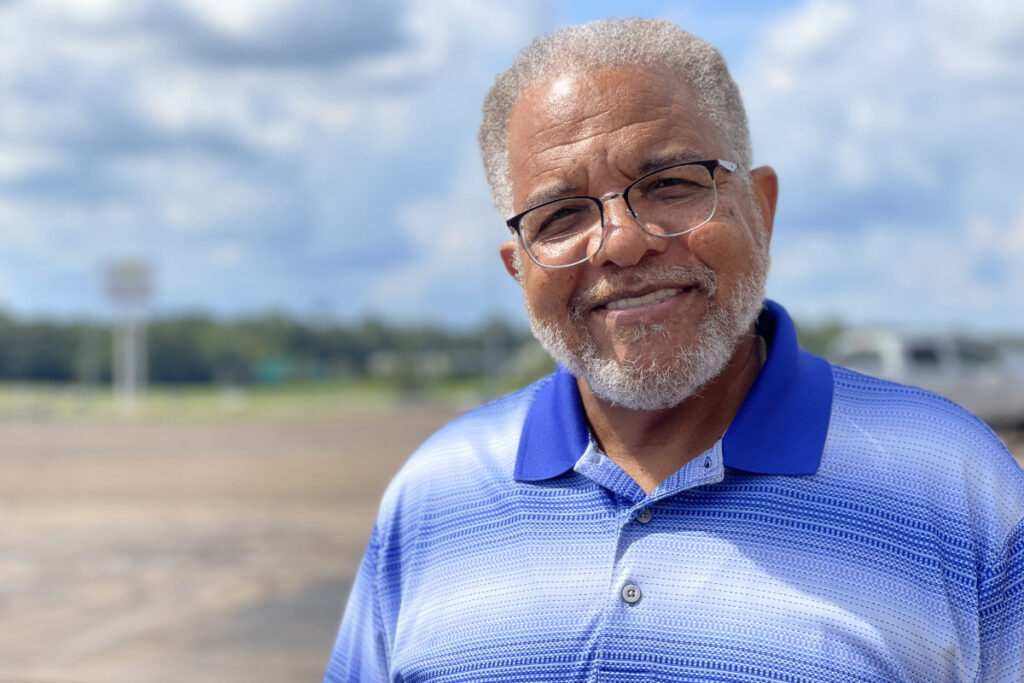
The Working Together Jackson coalition, which brings together various institutions in the city, also began work Tuesday, asking for donations of bottled water. The group cited South Jackson, the poorest part of the city, as a primary area of concern. Its locations are among the most elevated in the city and are historically the hardest hit by low-pressure problems.
“We know South Jackson will be the most heavily impacted,” the organization said in a press release as it asked people to bring water donations to a New Horizon Church International, a South Jackson church at 750 Ellis Ave, Suite 200, Jackson, MS 39204, acting as a distribution point. “The biggest need is for water donations, both potable and non-potable, as soon as possible,” the organization added.
Rep. Ronnie Crudup Jr. said there are neighborhoods in South Jackson where the water has been out since last Thursday, even before the flood, and he had participated in distributing pallets of water across the city from the church premises since Monday.
His father, New Horizon Church International Senior Pastor Ronnie Crudup Sr., said this is not the first time the church has helped during a water crisis.
“I have to take this all the way back to (last year’s) ice storm when we became a site where people knew they could be served or they could make donations,” he said, adding that people want the water system fixed for good.
“They want a solution. They recognize that this is something that Lumumba administration itself is not totally responsible for—he’s mayor, and so he has some responsibility—but this is a can that’s been kicked down the road,” the pastor said.
“And as people say, the chickens finally came home to roost, and so we are here, we’re in the middle of it, and this past flood has exposed this now to everybody nationally, what we knew locally—the problems that we’ve had,” he added. “And so everybody is also saying they’re hopeful that out of all of these problems and notoriety and everybody, hopefully now getting on the same page and together—the city, the state, national—we can fix this problem once and for all.”
Biden Activates Federal Assistance
On Tuesday, Gov. Tate Reeves asked President Joe Biden to declare a federal state of emergency, and the White House granted the request within hours. Biden ordered the Federal Emergency Management Agency into the Magnolia State to help patch the immediate cause of the latest water-system failure.
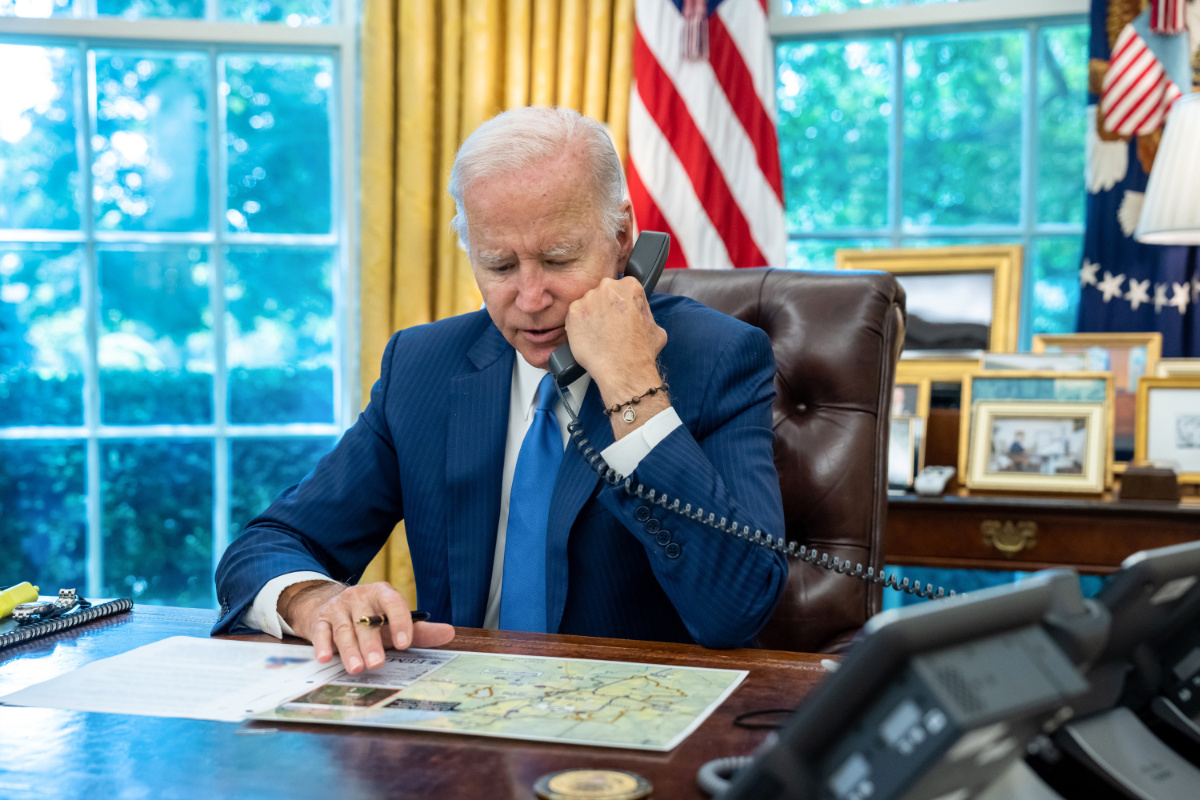
In an interview on Wednesday, FEMA Region 4 Administrator Gracia Szczech spoke with the Mississippi Free Press about the scope of the agency’s involvement and what the public should expect. (Region 4 covers the states of Alabama, Florida, Georgia, Kentucky, Mississippi, North Carolina, South Carolina and Tennessee).
“So (Tuesday) night, President Biden approved the governor’s request for an emergency declaration. The declaration authorizes the reimbursement for emergency protective measures,” she said. “What that means is that all local governments within Hinds County, including the city of Jackson, are eligible to apply for assistance.”
After the declaration, the federal government will pay for 75% of the costs of dealing with and fixing the water-treatment problem for the next 90 days.
“FEMA is also authorized to assign missions to other federal agencies, and this is based on Mississippi’s requests, when the state and local government may not be able to perform or contract for work,” Szczęch explained further. “And this type of assistance may include technical assistance to review and assess the water-treatment facility or help with distributing commodities or getting more resources.”
‘It’s Really Affecting Everybody’
On Wednesday, Sarah Rodriquez backed her red car up on the sidewalk in front of New Horizon Church International. She came from Madison, a suburb outside Jackson, to donate drinkable water after seeing pleas for help on Twitter.
“Folks talk through Twitter, and they say people need help here,” she said. “So that’s why I found out about New Horizon.” She came with 12 gallons of water in jugs and three cases of 16-ounce bottled waters.

Bobbie Johnson, a 69-year-old resident, told the Mississippi Free Press that he wondered why he needed to pay bills for water he could not drink. “We have to keep buying bottles of water,” he said. “I’ve been buying bottles of water now for a while.”
“Why should I keep having to pay the water bill, and I can’t use my water, you know?” Johnson continued. “Only thing I can use my water for now is probably to shower and wash my car.”
This reporter spoke with Carolyn Moore and Shelor Bell as they sat in a car with cases of bottled water in the back seat as the temperature registered 90 degrees “We can’t take a bath. We can’t drink water and can’t wash dishes. None of that,” Moore said.
“It’s been about a month now. First, our water is coming out brown,” Bell said. “Yep. It’s coming out brown, and all of a sudden it’s undrinkable. And then it’s hot, our water bill is high, and we can’t even drink the water. And it’s really affecting everybody.”
This story is co-published with The Guardian. See the Mississippi Free Press’ full Jackson water-crisis coverage, starting in March 2021.

